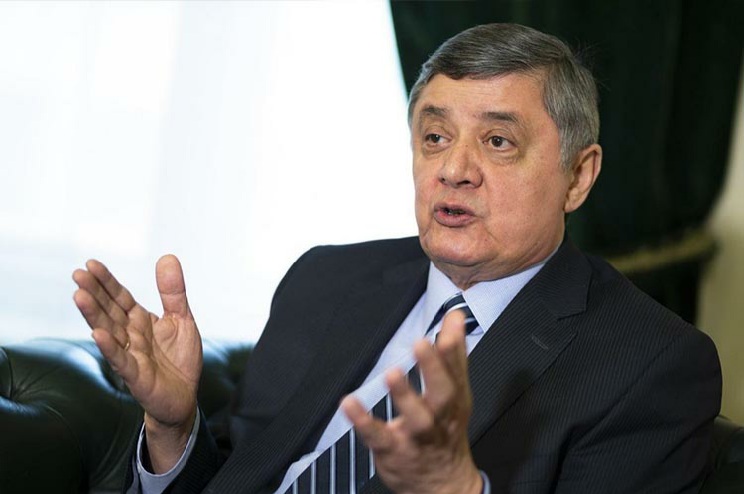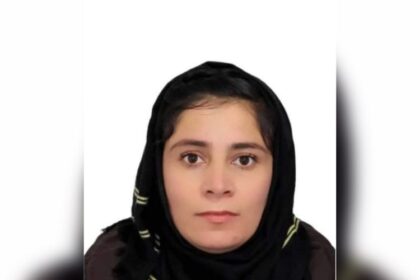RASC News Agency: Zamir Kabulov, the special representative of Russia in Afghanistan, has once again expressed his concerns regarding the current political structure of the Taliban group, emphasizing the importance of the group’s acceptance of the demands presented by the international community.
In an interview with the Anatolia news agency, Kabulov stated that while Moscow holds no complaints regarding the foreign policy of the Taliban, discrepancies exist in their internal policies that fall short of our expectations. He pointed out the presence of differing opinions on this matter.
Furthermore, Kabulov emphasized the need for the international community to acknowledge and meet the demands concerning the establishment of an inclusive government, as well as the promotion of human rights and women’s rights.
Moreover, Kabulov stressed that the recognition of the Taliban group depends on their adherence to the international community’s conditions for an inclusive political structure and the protection of human rights. He reiterated that though differences in domestic politics persist, the focus should be on achieving an inclusive political structure, rather than solely prioritizing ethnic inclusivity, as advocated by the Taliban.
Additionally, the Russian official emphasized that the formation of an all-inclusive government should not involve accommodating individuals who have fled Afghanistan. He emphasized that inclusiveness is a vital principle for Afghanistan to establish a functioning and stable government. Kabulov strongly asserted that non-Pashtun ethnic groups in Afghanistan should be afforded the right to vote and participate in the country’s administration.
Subsequently, Kabulov issued a warning that if the current situation in Afghanistan persists, dire consequences will befall the country. Despite the Taliban’s control over Afghanistan for over two years, no country has formally recognized the group. The basic conditions for recognition set by the international community include the establishment of an inclusive government, the protection of human rights (particularly for women and girls), and the respect for ethnic and religious minorities.






